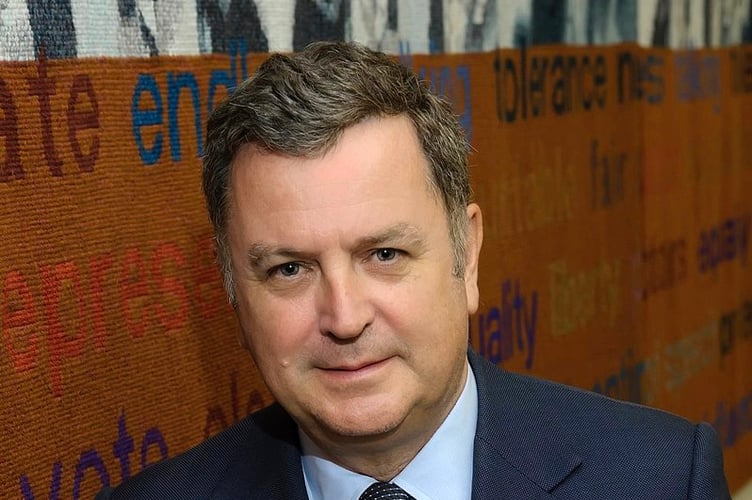NEW figures issued in November show a sharp increase in the rate of inflation from 1.7 per cent to 2.3 per cent.
This is a sharper increase than economists had anticipated and is partly due to a rise in energy bills.
Although prices are rising much more slowly than in the immediate aftermath of the outbreak of war in Ukraine, annual gas and electricity bills for a typical household went up by about £149 last month, causing the sharpest month-on-month increase in the rate of inflation for two years.
Earlier in November, the Bank of England cut interest rates from five per cent to 4.75 per cent in a widely anticipated move resulting from inflation falling below the Bank’s target of two per cent after the unprecedented economic damage caused by the war in Ukraine and the Covid pandemic.
However, the Bank warned that interest rates would not continue to fall at a steady rate unless inflation remained close to the two per cent target and raised concerns about spending commitments announced in the recent Budget.
The Office for Budget Responsibility and Bank of England have both said Labour’s Budget will keep inflation and mortgage rates higher for longer, and the recent inflation announcement signifies the beginning of this.
Mel Stride, MP for Central Devon and Shadow Chancellor, said: “Inflation is running ahead of expectations and above target.
“While some credit must be given to international energy markets, Labour has agreed above-inflation pay deals – with no increased productivity requirements – and announced almost £70bn of extra spending each year.
“Official forecasts state that inflation figures are not expected to improve because Labour’s Budget will push up inflation and mortgage rates.”





Comments
This article has no comments yet. Be the first to leave a comment.